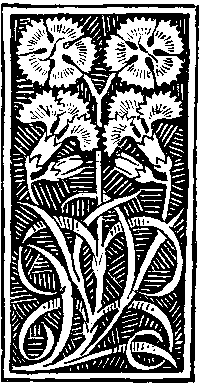Other Neo-Victorians:
Neo-Victorianism, Translation and Global Literature
Keywords:
adaptation, appropriation, dissemination, Arthur Conan Doyle, global literature, neo-Victorianism, Sherlock Holmes, translation, world literatureAbstract
This article seeks to expand the field of inquiry in neo-Victorian studies by focusing on the role of translation in the global dissemination of Victoriana. By analysing Pustolovine Glorije Scott (The Adventures of Gloria Scott), a collection of short stories written in Croatian by Mima Simić (2005) and its adaptations (the eponymous comic strips by Ivana Armanini [2005] and an animated TV series designed by Matija Pisačić, currently in production), alongside selected Soviet and Russian adaptations of Sherlock Holmes (1979, 1986, 2013), this article questions the assumptions that the production and cross-cultural dissemination of neo-Victorianism is inevitably an Anglophone affair. Simić’s collection and its adaptations, like a number of recent Russian adaptations of Doyle’s stories, meet all of the requirements of Heilmann and Llewellyn’s definition of neo-Victorianism as “texts (literary, filmic, audio/visual) [which] must in some respect be self-consciously engaged with the act of (re)interpretation, (re)discovery and (re)vision concerning the Victorians” (Heilmann and Llewellyn 2010: 4, original emphasis); however, the language in which they were produced is not English. In this light, the article aims to unsettle received notions about the production of neo-Victorianism as a phenomenon linguistically, geographically and ideologically delimited by the maps of the British Empire


